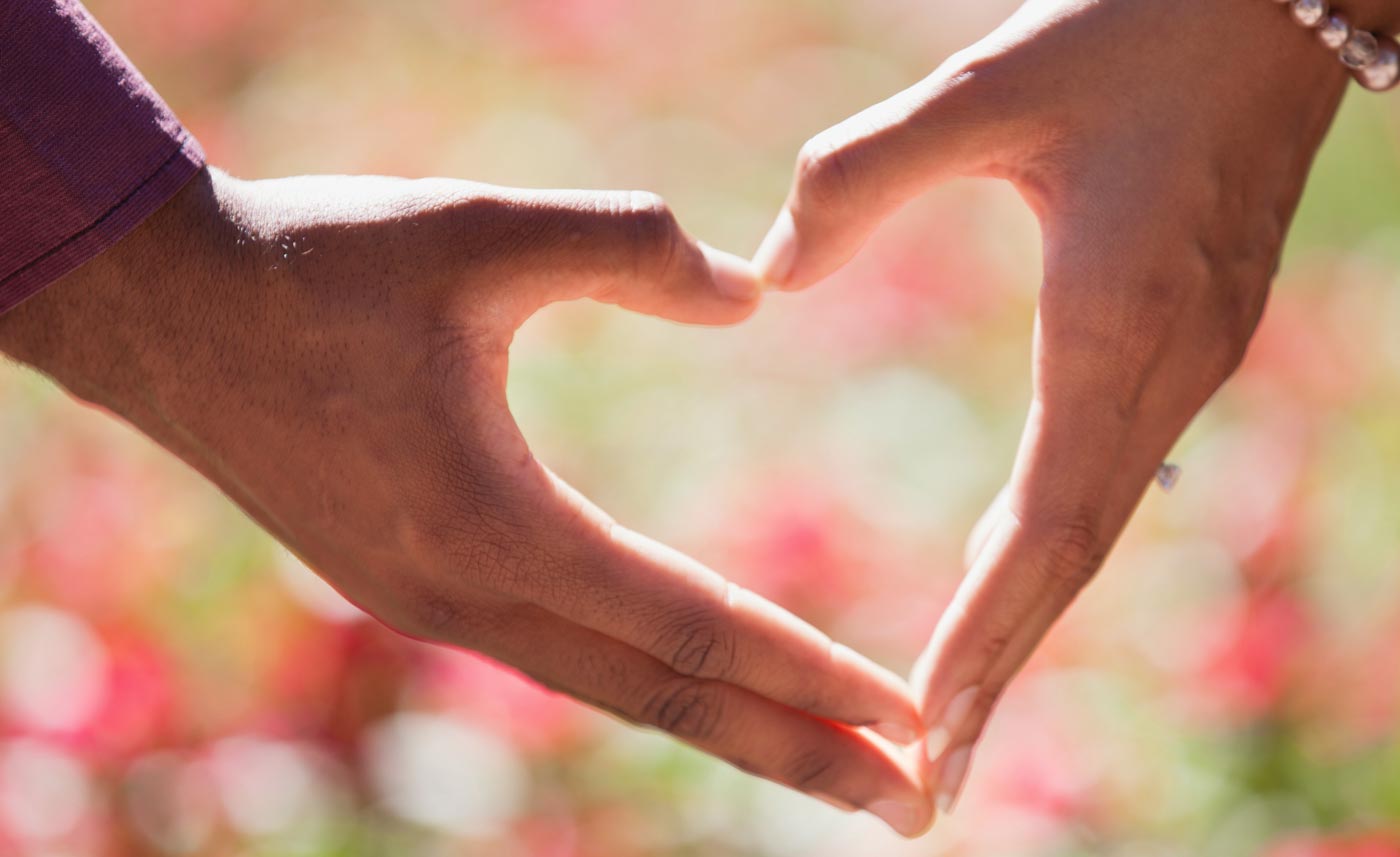
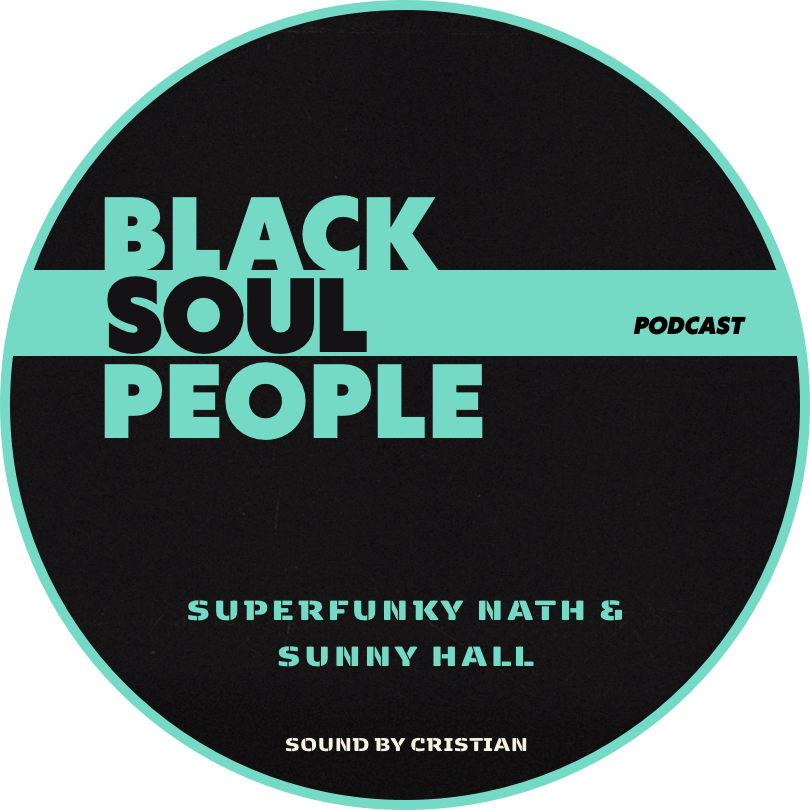

A few days ago on my Facebook wall, I explained one of the hierarchies that exist in the world of transracial international adoption as to who can speak or deal with this phenomenon.
First, we have the institutions and supposed White experts who almost never touch the issue of power relations between the North and the Global South, and whether it is really constructive and healthy to keep on giving racialized babies to White mothers to indulge a Western desire for motherhood.
Then, we have the White mothers who have a voice, to tell us about their desire to do good deed and their desperation to have a racialized baby, and then their incredible odysseys in the so-called Third World countries.

Then we are the racialized adopted adults who are struggling to have our voices and analysis finally heard : in the adoption process itself we’re still silenced and forgotten, o perpetually questioned about the viability of our arguments, despite being specialists in those issues and studying their structures.
Lastly, at the bottom of the pyramid you can find our biological mothers from the Global South. In this structure they are almost non-existent, made invisible and always silent. We do not know what their experiences and their stories are, nor what were the conditions by which they took the decision to give their children up for adoption. We are left with the fantasy that these mothers, with good will and even gratitude, ceded their children to Western families, as the West is perceived as the pinnacle of human evolution, the best of all civilizations. So it is understood that these children will be better off living there.
But, why do we care so little about the mothers from the Global South?! Why do we care so little about their rights being weakened? What about their stories?
I must say that, from my own experience, from what I’ve been told and the life-stories that I’ve been able to access through adoption files, from all these accounts I know of. Very few of these mothers put up their children for adoption to do a good deed or to make a family of European descent in Western world happy. They made the decision to put the children up for adoption for a series of factors (economical ones, fathers disclaiming paternity and so on…) within a context that gave them no other perspective or solution to raise their children.
How many times did I hear, during trials for international adoption, stories about biological mothers who could barely talk of so much crying about having to hand over their children to strangers?
These situations are related to the stance and policies taken by the Western associations and institutions for child protection, adoption and development.
From a paternalistic discourse, they blame the biological mothers, telling them it would be better for the children to live in the West.
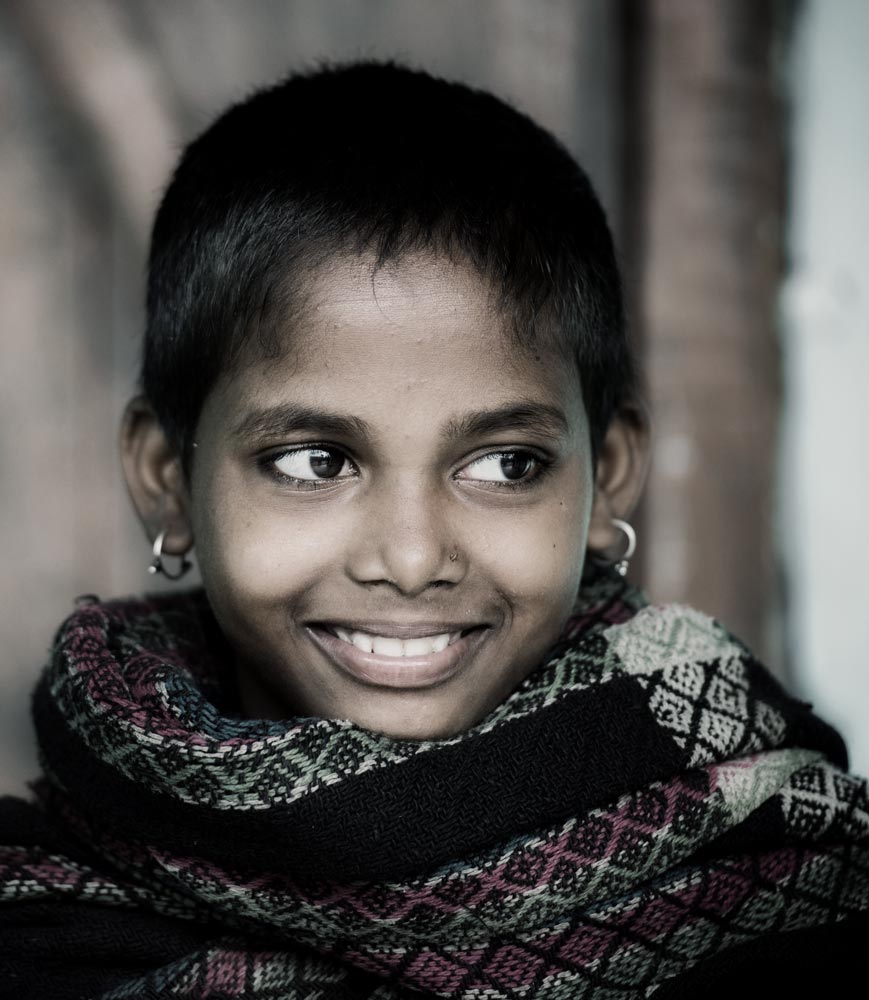

…it is really constructive and healthy to keep on giving racialized babies to White mothers to indulge a Western desire for motherhood.

I am not a mother, but I am a woman and I see how we blame racialized women around the subject of maternity and parenting. How society and institutions repeat and prescribe how they should act and raise their offsprings.
We can observe an example of these situations when Occidentals go on vacation to the Global South: How many times have we seen images of these people stating how they give food or drinks to local children when they see them as if it was an altruistic gesture ? As they are from this part of the world, they are systematically identified as poor and endangered children, but who said they poorly cared for or badly loved ? This is the discourse of Eurocentric superiority when faced with children from the Global South which assumes that the mothers do not raise or take good care of their children, that they are ill fed and unloved.
Another, more concrete example that allows us to realise how the structures and mechanisms that weaken the mothers of the Global South work.
A few month ago I learned that in my country of origin, Sri Lanka, large companies were demanding for women to be sterilised if they wanted to go to work in the Persian Gulf. For a number of years now, there has been flows of Sri Lankan women going to work there because of the socio-economic conditions of my native country.
When I was born, around 30 years ago, my mother worked in the Gulf and like her, many other women. And I wonder if sterilisation is imposed on these potential workers today in exchange for the possibility of job position, what was demanded of my mother and her contemporaries thirty years ago ? What were pregnant women told? What decisions were they forced to make and in what context?
When Mr Macron, president of France stated in an international conference which took place this year, that the big problem that causes poverty in Africa originates from the African mothers who have too many children, his speech about the current situation of the African continent was obviously a colonialist and evolutionist one.
In so doing, Mr Macron judges African mothers as responsible for all the ills of the continent, and counter-poses African mothers lacking capacity for decision-making, uneducated, uncivilised against White European mothers which are supposedly good parents, educated, civilised and liberated. It is not that Mr Macron is the first or the only one to speak in these terms, his predecessors already had a similar discourse.
It is the pure expression of the neocolonial system between France and Africa, which is one of the main reasons for the contemporary problems of Africa.
It is shocking to hear this kind of evolutionist and neocolonial argument when we know what French relations are with several African states today.
Here, we can see clearly several obstacles and impediments and these are the status and position which are awarded to the mothers of the Global South.
It is essential for me that we begin to reflect on these problems that continue to perpetuate colonialist practices on the bodies of these racialized women and mothers.
What are the legal and regulatory frameworks that define their rights?
What are their fields of action in each context?
In what ways are they organized to defend themselves and resist against these practices?
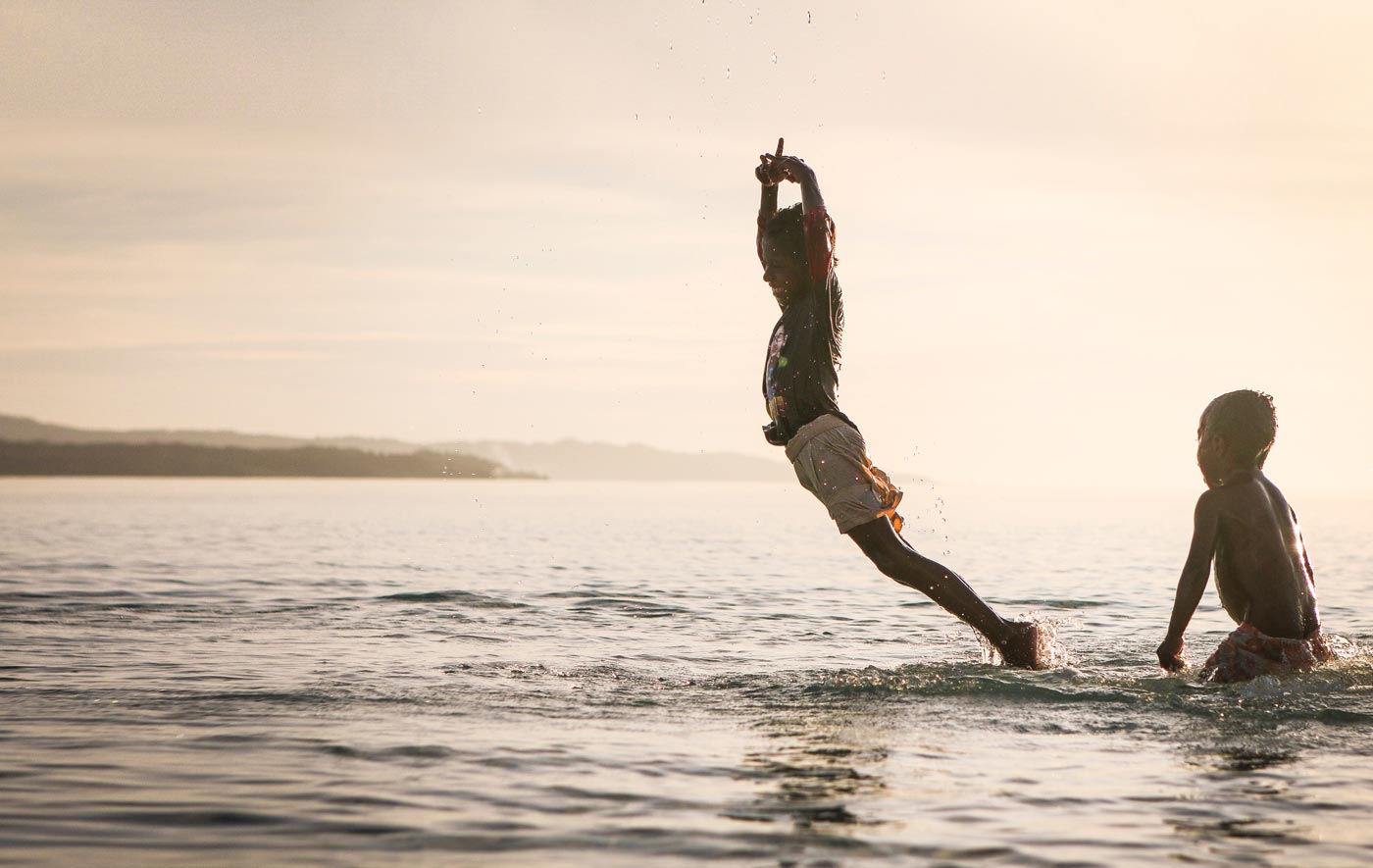

…but I am a woman and I see how we blame racialized women around the subject of maternity and parenting. How society and institutions repeat and prescribe how they should act and raise their offsprings.

Why do Western mechanisms still maintain a kind of order and control over their bodies?
If we are able to identify these structures and practices in the Global South, I wonder if there could be repercussions, similarities or parallelisms between these practices and the position or situation of racialized and/or migrant mothers in the North.
We must be concerned with the precarization and denial of racialized mother’s rights in Europe, particularly in the case of racialized and/or migrant single mothers.
How many times have we heard of cases who have had their children taken away here in Europe?
How many times their rights to raise their children is attacked under the cloak of the legal and institutional system?
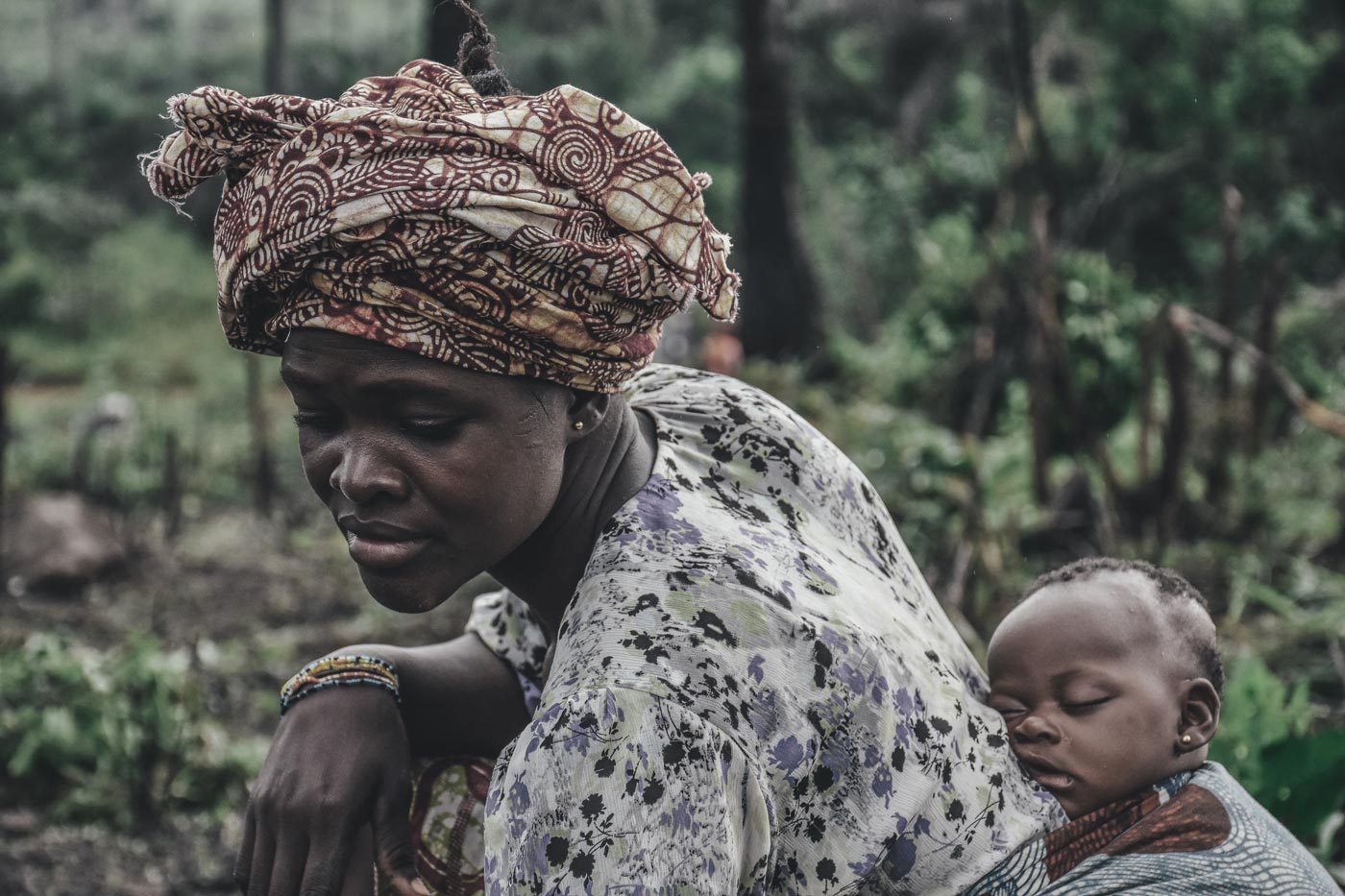

…It is essential for me that we begin to reflect on these problems that continue to perpetuate colonialist practices on the bodies of these racialized women and mothers.

I asked two racialized and migrant mothers in Barcelona Mariana Barrios Ocha and Daniela Ortiz what it means and represents for them to be who they are :
Mariana replied :
«The transition from racialized woman to racialized mother is almost immediate however, the previous nine months prepare you for what is yet to come.
The healthcare system is a first confrontation with the categories to which you will be subjected to. Precarization is a word that exists to explain the process when your life goes through a rapid deterioration. As for your social status, I feel that society cruelly assumes the task of precarizing you when you are a racialized mother or even worse still, single or alone. It is as if it was mandatory, and it is so, because it’s a basic way that patriarchy has of sustaining capitalism (…).
Or it is the other way around ? In any case or situation, it is quite clear that it should be the other way around: respecting the force that a racialized mother on her own has, because the only thing we ought to feel is pride in ourselves.»
Daniela replied :
«Being a racialized mother in a Western context means always being under suspicion and accusation because you are raising the enemy of White supremacy, raising and educating the threat to racist and colonial power. You are reproducing your culture, reproducing your knowledge, all that is hated by imperialist logic.
To Be a racialized mother is being daily, legally and structurally questioned and persecuted for the way in which you are raising your children. (…)
Another thing I find interesting is how institutional racism and the legal system create a series of mechanisms to violate maternities and violate the minors and families.
For example, the non-recognition of migrants as nationals from their birth land (…). This non-recognition of our children is telling them that they are going to be considered migrants and in many cases illegal ones from the moment they are born (…) it means that from the very beginning these maternities and families will live under the threat of deportation (…), they can be deported during their childhood or adulthood if they don’t manage to get their nationality papers.
Racialized motherhood may also mean that migrant mothers who have come from the Global South and that the immigration laws (…) are forcibly separated for 4, 5, 6, 7 years from their children by the Spanish Aliens Act. Many of these women, in the case of those who come from Latin-America, are the ones who raise the children of White European women. (…) Being a racialized mother in a Western context also means being under constant threat from social services and the state (…) which interfere in your family with the intention of taking your child away from you, with unmistakable racist arguments, for example one of the risk-factors that make it possible to remove custody of a minor is the very fact of not having papers, a situation created by the state itself, or the fact of being a single mother for instance.
Additionally, I think it’s very important that we reinforce ourselves, not only in these situations of violence that we live, but also to claim that if these racialized maternities are so persecuted is because (…) very often racialized mothers have a very strong political connection linked to their style of parenting, because they sustain their communities and struggles that have been resisting the deadly European colonial system for 500 years.
That is where Palestinian mothers are attacked, where Indigenous mothers are attacked, that is where Gipsy mothers are attacked so that they do not reproduce,
so that they do not transmit this knowledge onto their children.
To conclude, there is persecution but there is also a very strong resistance.
A resistance that has to do with the love for life, the love for parenting, that kind of regular love of things, a love which has nothing to do with hedonism but with humility. It has to do with an understanding of love, its logic not the European tinder synonymous with body consumption, (…) a different kind of relationship which is precisely the kind of love the colonial capitalist system doesn’t want people to establish (…) it’s a resistance through the upbringing of our wawas and our communities. »
Firstly, I would like to thank Mariana and Daniela for the time spent answering with such powerful messages.
In their words we can see perfectly the type of oppression these mothers are subjected to in the North, and begin to detect the similarities that their experiences share with the situations that other racialized mothers face in the Global South.
The context is different, but the reality and living situations have a common relationship, the points shared are unmistakable.
Whether these women live in the North or in the South, they are under control, under pressure, under moral judgement and blame which contribute to their precarization. As if the Western world had a right to order, to dictate the rules for these lives and families, as if the Western model to raise children was the only viable one and the alternatives for not corresponding to Eurocentric society codes could only be a threat.
Unfortunately these supremacist power structures rely on a legal and institutional system weakening the possibilities of action and rights of these targeted women.
I believe that as a collective made up of racialized women and men we have the responsibility to support and sustain these mothers against this racist system.
Within a Western capitalism, a system that celebrates individualism and isolates these mothers, it is also our responsibility as a collective to protect the women who raise our children. We must think together of different practices, about social support but also institutional ones, to cater for their specific needs as racialized and/or migrant mothers.
Institutions such as social services shouldn’t be an entity which function is to weaken or threat mothers but to accompany them when they are going through difficult circumstances. We cannot support a system that precarizes them.
We’re also responsible for not perceiving them as victims but instead as great fighters who hold their heads high every day to fight for their offsprings. These mothers are examples of incredible courage and valour, and we must not forget they are the ones raising the children who will make the world of tomorrow.
If our intention is to fight for a fairer and more equitable world, we cannot forget them. Their voices matter and their strength is an example for all of us. As Mariana and Daniela stated, we must continue to create a resistance from love, love for ourselves, love in solidarity and a supportive love amongst racialized women.
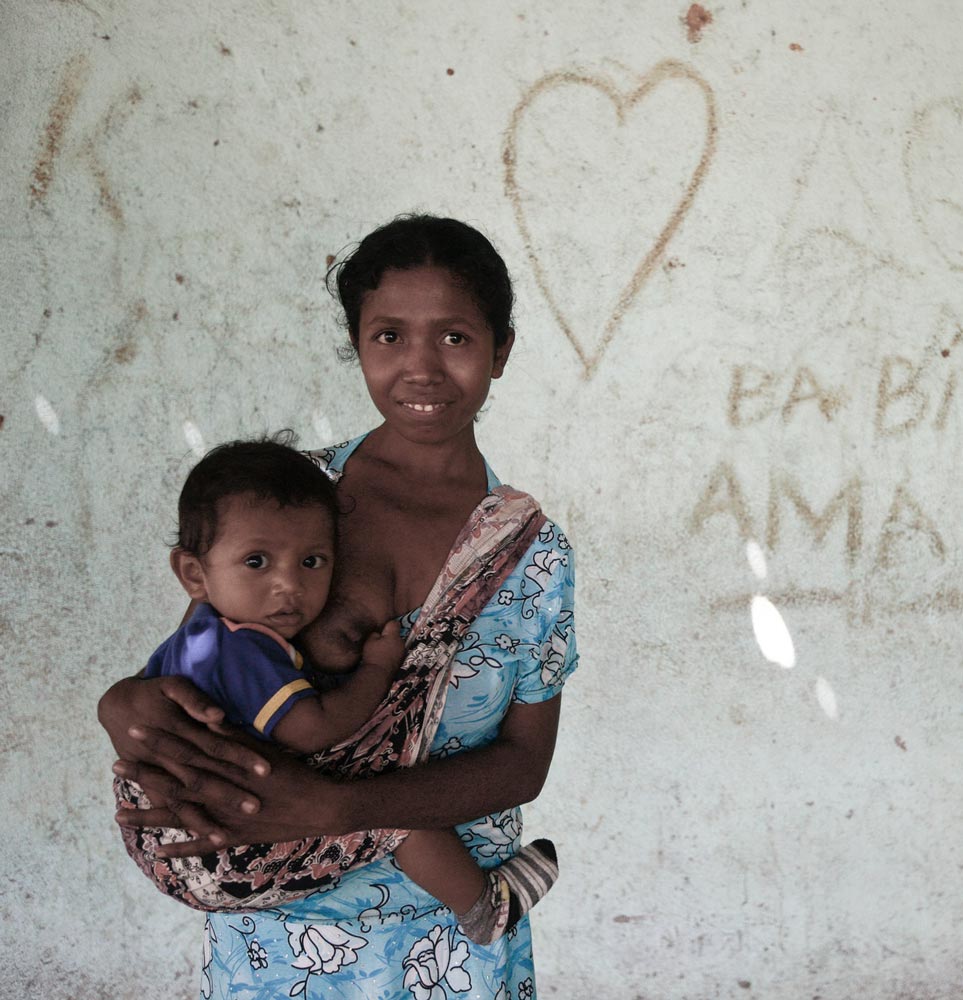

…These mothers are examples of incredible courage and valour, and we must not forget they are the ones raising the children who will make the world of tomorrow.

